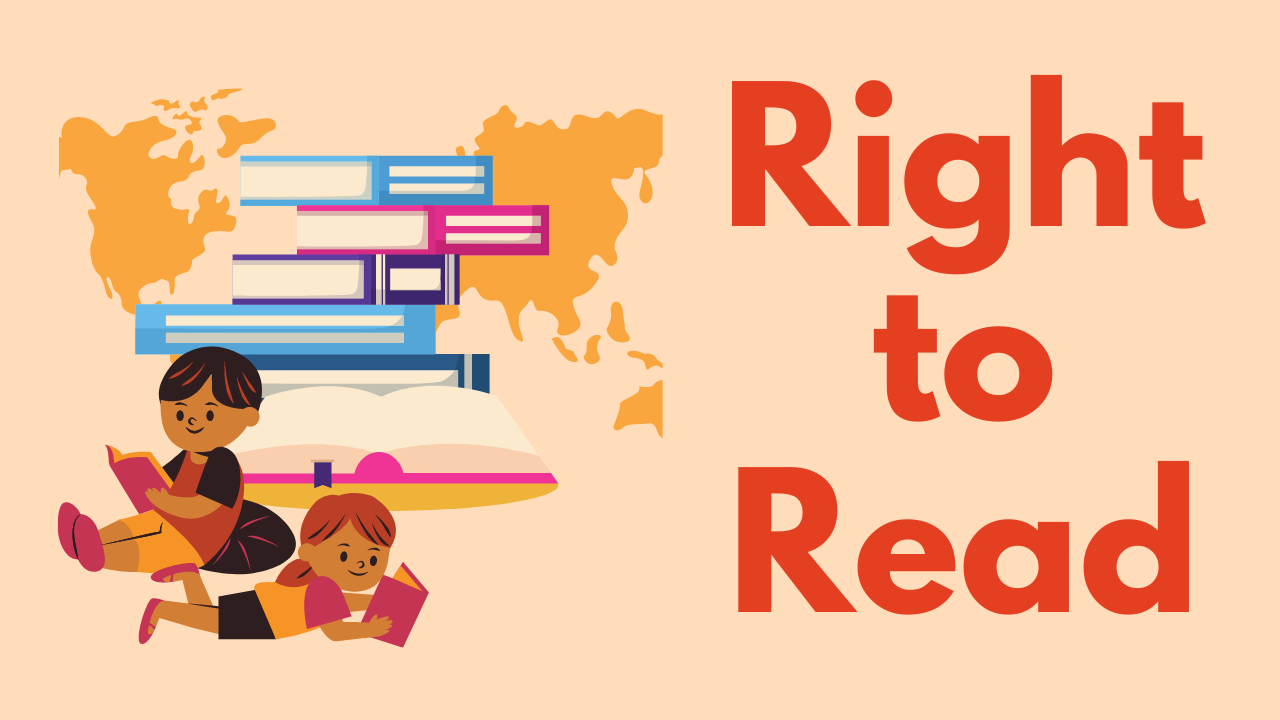

“Literacy is the bridge from misery to hope.” –Kofi Annan
Literacy does not just give us the ability to read and write, but it also gives us the means to become independent. The ability to know, to understand and to be informed about concepts and everything going on in the world is the power of literacy. Education gives people perception and identity.
Back in the day, literacy simply meant the ability to communicate and comprehend what is said in a particular language. It was the method to find a common ground to be able to convey your messages and conduct a basic level of human interaction. However, the meaning of literacy has changed and become accustomed to the vast world and the ever changing society, transforming with the globe and globalization. Today being literate might still mean being able to read and write in a language. But the concept of literacy has evolved a lot.
In today’s world literacy is equivalent to knowledge and skills. Everyone in the world has the right to read and be educated. Knowledge and perception have become essential living standards for the people today. There is so much to learn today, and every field has a scope. Reading skills and comprehension are essential to our daily lives and casual activities.
It is important to understand that many children in the world fail to attain the basic form of education due to financial difficulties and lack of resources. There are many adults who were deprived of literacy in the world as children. All people, children or adults, should be given a chance to read and become educated in life. We often fail to realize the huge role literacy plays in empowering individuals and making them more confident.
The global literacy rate for people aged 15 and above is 86.3%. The global literacy rate for all males is 90.0%, and the rate for all females is 82.7%. Women, especially in developing countries and communities, tend to face restrictions when it comes to education. They become dependent on their spouse or family members for livelihood which increases the risk of abuse and discrimination against women.
Differently abled people also face several difficulties to become educated. There aren’t many systems that take into account the struggles of being handicapped. This creates an unhealthy and uncooperative environment for differently-abled people and children to access education in contrast to the rest of the people.
There are also many challenges that institutions in low-economic communities face in terms of the quality of education and resources provided to them. Quality of education and even study materials provided to students from lower income families are not as up to the marks as the rest of the well-off community oriented institutions.
In this series Literacy: Knowledge and Empowerment we will be dissecting a few important features of literacy, with the aim of trying to understand different perspectives and dive into the importance of literacy.
Nov 12, 2021
0